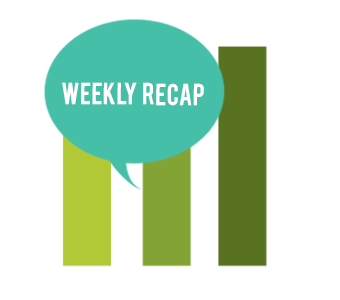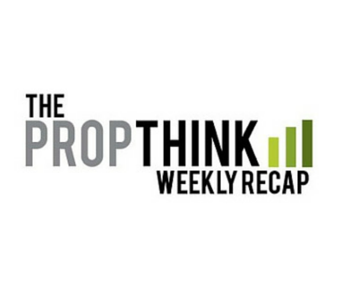In the three trading sessions following the Fed’s semi-annual monetary policy report, in which the fed specifically called out small biotech equities as overvalued, the iShares NASDAQ Biotechnology ETF (IBB) fell 6% before snapping back strongly on Friday.
Chairperson Janet Yellen is opening an old wound: the “biotech bubble” debate of the first quarter. While investors argue the veracity of the statements (historical P/E ratios suggest otherwise), the conversation is somewhat irrelevant. As the most influential economist globally, Fed commentary carries weight with generalist investors – and was likely intended to do so.
The question now is whether the impact will carry beyond this week.
On Friday, we tackled the subject with PropThink Premium readers.
Geopolitical events have compounded the calls for a market top (Israel/Palestine and Ukraine/Russia/Flight MH17), in addition to renewed questions about the Fed’s timing in reducing Bond buying and potentially increasing interest rates. There’s a growing list of complicated events even as market participants contemplate a pullback in equities.
International conflicts are unlikely to have a real impact on U.S. economics, or more specifically, biotech stocks, but it’s perception of risk that matters. With the S&P 500 and DOW just shy of all-time highs, some investors are looking for an excuse to take profit. Read more to get the full picture, including a few ways to protect against downside in the sector, here.
Prana Biotech (PRAN) announced this week that a subset analysis of its failed IMAGINE trial, testing lead drug candidate PBT2 in Alzheimer’s Disease, had turned up some positive results. In March, Prana announced that IMAGINE failed to meet its primary endpoint, AND failed to improve cognition/function in Alzheimer’s patients, a key secondary endpoint. Looking for an efficacy trend in subset analyses are commonplace among small, cash-strapped biotech companies that need to keep investor hope alive; rarely do they pan out in larger trials. Additionally, large Alzheimer’s trials have traditionally been run by resource-heavy pharmaceutical companies. Prana, and its investors, have a long road ahead. Read “Prana Digs Deep for Hints of Efficacy in Failed Alzheimer’s Study” for more.
Exelixis (EXEL) this week announced success in the first of a few 2014 events: positive top-line results from a phase 3 trial of the MEK inhibitor, cobimetinib, in combination with Zelboraf (vemurafenib) in patients with melanoma. It was the first of three major data events that Exelixis anticipates before the end of the year, including results from the phase 3 COMET-1 and COMET-2 (pain palliation endpoint) studies of cabozantinib, and overall survival results from EXAM, a separate phase 3 trial of cabozantinib. EXEL climbed 25% on the news Monday and felt the sector malaise through the week, ending on Friday nearly flat from five sessions before.
La Jolla Pharmaceutical (LJPC) shares jumped 21% in early trading on Tuesday with news that pipeline candidate LJPC-1010 demonstrated positive activity in a pre-clinical model of non-alcoholic steatohepatitis (NASH); it was Intercept Pharmaceuticals (ICPT) that rocketed 500% early this year on positive mid-stage results for its own NASH drug, which is why investors gave LJPC credit for an asset that’s not even in human testing yet.=



